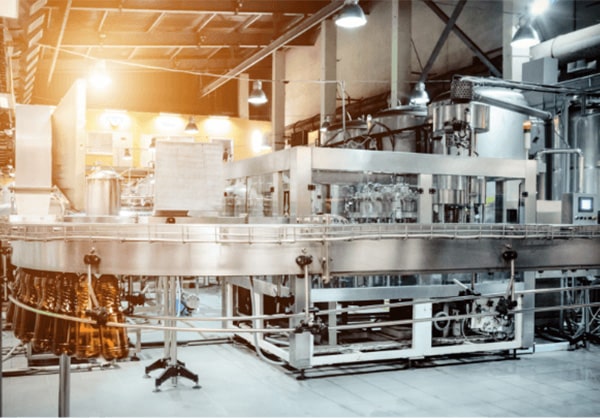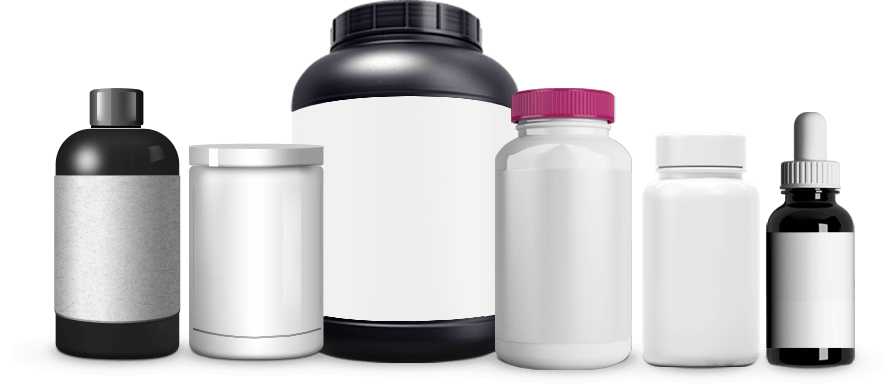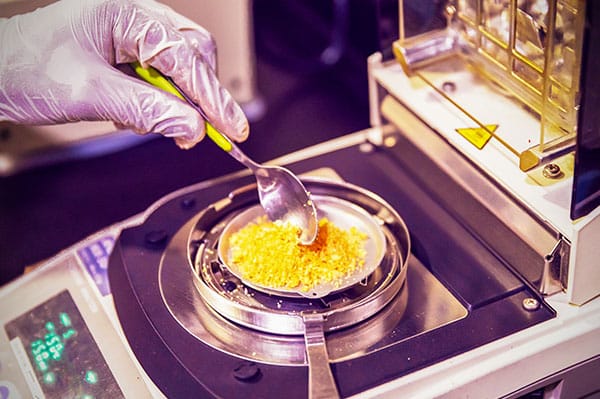Save money on your consumer goods by shopping by packaging. You may be familiar with comparing brands and product amounts but the type of packaging used to store your items can affect the overall cost and value. Find out how a sachet pack, stick pack, or other flexible design can help lower costs on your next shopping trip.
What Are Sachet Packets?
A sachet pack is a flexible packaging solution that can be customized to fit a wide range of products. It can be manufactured using coated paper, polymer laminates, or high-barrier foils.
Most sachets fall between 1 millimeter and 10 millimeters in thickness. They can be designed to create an airtight seal that also prevents sunlight from affecting the product. Some packages also come with a resealable top to prevent the product from spoiling or spilling after you open it.
Sachet Popularity
Sachet packaging is growing in popularity. The global sachet packaging market was valued at $8.7 billion in 2021, according to Future Market Insights. ReportLinker found that Southeast Asian countries, in particular, had a large sales volume in flexible packaging, with a growing volume in western countries.
This type of packaging is particularly lucrative for personal care and cosmetics. High-value items can be delivered in small, convenient sachet packs or stick packs to help lower costs and help you purchase a range of product sizes.
Uses of Sachet Packs
Sachet packaging is often used for food, cosmetics, and pharmaceutical purposes to deliver the following products:
- Liquids
- Powders
- Creams
- Ointments
- Syrups
- Gels
- Pastes
Thanks to the flexible design of sachets, this type of container can be used to offer samples or sell products in bulk. Smaller packages have easy-to-open tops for one-time use, while bulk packaging can include a resealable top for convenient use.
Stick Packs
Sachet packs aren’t the only flexible packaging available for your products. Stick packs use similar materials and designs to deliver single servings or doses of a gel, paste, liquid, or powder.
These packs use a thin, stick-like design to save on material and easily fit into a box. This added convenience makes it a popular alternative for products that you would otherwise need to measure out from a larger bag, box, or bottle.
Other Flexible Package Types
While sachet packs and stick packs represent a significant portion of the flexible packaging market, there are other options available as well. Manufacturers use rollstock and bulk-fill packages to conveniently package larger amounts of liquid or powder.
Why Buy a Sachet Pack?
Your favorite product is now offered in a sachet pack. One brand uses a flat pack, while another uses a rigid bottle. Which do you choose? While there are many pros and cons between flexible and rigid packaging, here are some benefits of sachet packs to consider before your next purchase.
Convenient Container
A stick pack offers on-the-go packaging for a busy day. Grab your favorite drink mix, vitamin supplement, or snack in a single-serve package for less mess and stress. These containers don’t require measuring spoons or other items to prepare your snack, supplement, or beverage.
This is also a great benefit for pharmaceutical and cosmetic products. A single-serve flat pack or other packaging reduces the risk of accidental overdose or overuse of a cosmetic product.
Cost-Effective
Stick packs are an alternative flexible packaging option. Similar to a flat pack or sachet pack, a stick pack uses flexible materials for small, one-time-use packaging. These small packages commonly hold one serving of coffee, drink mix, tea, sugar, vitamins, or other product that comes in a powder or liquid.
Compared with other flexible packaging products, stick packs use up to 40% less material, according to ReportLinker. A company working with a contract manufacturing team can conveniently deliver single-serve products or samples for less using this packaging style.
The exact cost-effectiveness of stick packs and sachets varies depending on region and country. In India and other Southeast Asian countries, for example, sachets represent 60% of the industry sales value. Sachet packs in this region are particularly more affordable than bottles.
Reduced Price for Consumers
Instead of focusing on prices going up in the grocery store, sachet packaging can help you find deals, grab free samples, and enjoy lower prices thanks to lower manufacturing costs. While the specific cost benefits vary between countries and types of packaging, overall, sachets provide opportunities for companies to save on packaging.
Look for companies willing to pass those savings onto you. Explore sachet packaged products for bulk discounts, sample-sized discounts, or daily savings on standard item sizes packaged in a new, flexible way.
Environmentally Friendly Packaging
There are many materials that can be used for sachet pack and stick pack packaging. When companies choose a mono-plastic material, they can offer a recyclable option. Consider an eco-friendly solution as you shop for cosmetics, vitamins, drink mixes, or food products.
Up to 65% of consumers felt recyclable packaging was important, according to Food Dive. Not all flexible packaging and other packaging options can be recycled, so be sure to check your shopping cart to see where you can opt for environmentally friendly alternatives.
Don’t assume all flexible packaging is recyclable. There are many multi-layered options that aren’t suitable for recycling. Check the package carefully and consider shopping for a brand that’s committed to offering environmentally-friendly packages.
Your Sachet Packaging Partner
Whether you’re shopping for a sachet pack drink mix or considering sachet packaging for other business needs, Maple Mountain Co-Packers is your experienced manufacturing partner. See our Sachet Packaging page to learn more about how our state-of-the-art packaging services can benefit your company.




